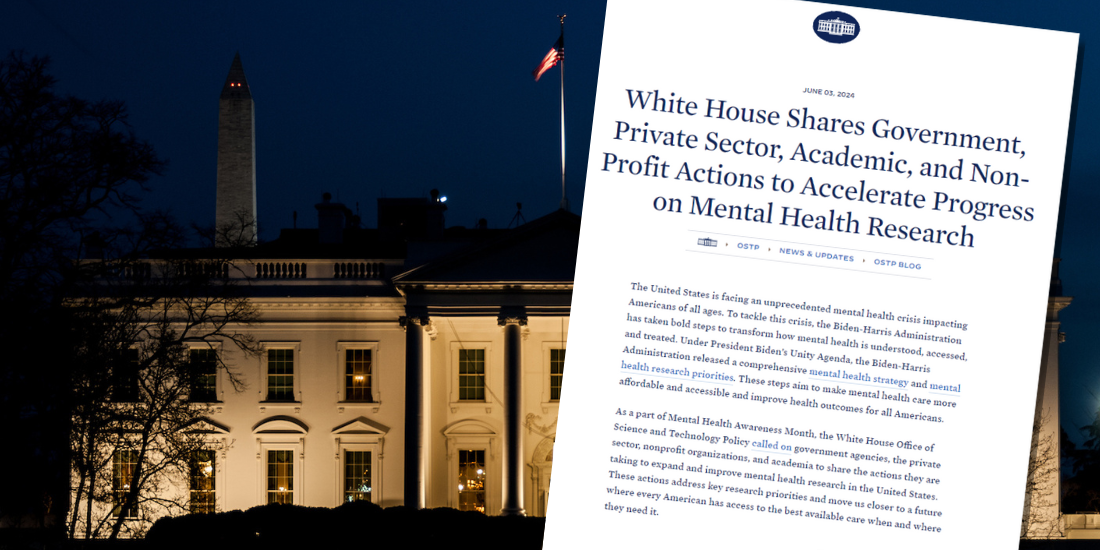
Orygen’s place at the forefront of global medical research has been recognised by the White House, with a major psychosis collaboration highlighted by the Biden-Harris Administration as a key project for transforming mental health care.
Among the five government actions listed was the Accelerating Medicines Partnership® Program for Schizophrenia (AMP SCZ), of which Orygen’s PRESCIENT project is a major collaborator.
PRESCIENT is an international research network with the overall aim to improve the prediction of clinical outcomes in those at ultra-high risk of psychosis, in order to better direct existing treatments and to develop novel and more effective treatments.
The study, led by Orygen Executive Director Professor Patrick McGorry and Professor Barnaby Nelson, received a $33 million grant from the US's National Institutes of Health (NIH) in 2020. The funding is believed to be the largest competitive grant ever awarded by the NIH to an Australian-led medical research project.
The PRESCIENT research network consists of Orygen as the Australian hub, nine international recruitment sites, and a number of scientific partners.
Findings from AMP SCZ will enable researchers to develop algorithms and risk calculators that predict the course of illness in UHR individuals. This will set the stage for a range of clinical trials of novel treatments, particularly biomarker guided treatments, following the progress made in other Accelerating Medicines Partnerships, such as in diabetes and Alzheimer’s disease. The impact will be amplified through rapid data sharing and an ‘open science’ approach.
The White House’s priorities statement said the US faces “an unprecedented mental health crisis”, which requires “bold steps to transform how mental health is understood, accessed, and treated”.
The US government has emphasised that young people are bearing the brunt of declining mental health, with US Surgeon General, Vice Admiral Vivek Murthy, recently describing youth mental health as “the defining public health crisis of our time”, which highlights the importance of early intervention for illnesses disproportionately affecting young people, such as schizophrenia and psychosis.